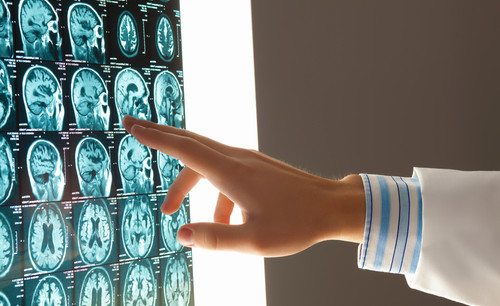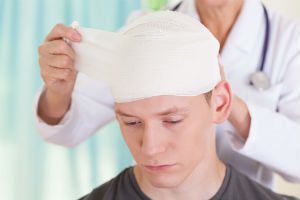Traumatic Brain Injuries

Did you know that a rear-end collision at only 9 MPH can cause a traumatic brain injury, even if your head does not ever hit anything? The whiplash motion of the head in a rear-end collision multiplies the impact force on the brain as it slams against the front and back of your skull.
March: The Brain Injury Awareness Month
March is Brain Injury Awareness Month. Every day, we work on cases involving brain injuries caused by car crashes.
We know all too well the many consequences of brain injuries, including:
- headaches,
- memory problems,
- brain fog,
- balance problems,
- light and sound sensitivity,
- dizziness,
- and emotional overwhelm.
Another common misconception is that you don’t actually have to lose consciousness or “blackout” at all to have suffered a brain injury. In fact, most concussions do not involve a prolonged loss of consciousness.
According to the Centers for Disease Control (CDC), approximately 23% of people hurt in a car accident sustain a traumatic brain injury or concussion.
How Are Traumatic Brain Injuries Diagnosed?
Awareness of brain injuries is lacking in many areas, including unfortunately both medicine and law. Too many doctors and lawyers do not know how to properly diagnose, treat or identify and advocate for car crash brain injuries. However, powerful tools exist for those doctors and lawyers who are well versed in the topic.
There is not yet any single test that is used to conclusively diagnose traumatic brain injuries. A variety of tests are required. Some are so new that your doctor may not have ever ordered one. Doctors still routinely order standard brain MRIs when the newer DTI MRI is a much more powerful diagnostic tool for brain injury.
So how do you get started figuring out if you might have a concussion or traumatic brain injury? Our office has a simple checklist of symptoms. Call Chiumento Law, PLLC Attorneys At Law at 386-445-8900 to review your symptoms against the checklist.
New tests exist to diagnose brain injuries and new treatments have evolved also. The symptoms of most brain injuries can be improved with specific rehabilitation just like injuries to muscles or joints. Your brain is capable of healing, and even if you are not able to regain 100% of the function you had before your injury, significant progress is possible.
